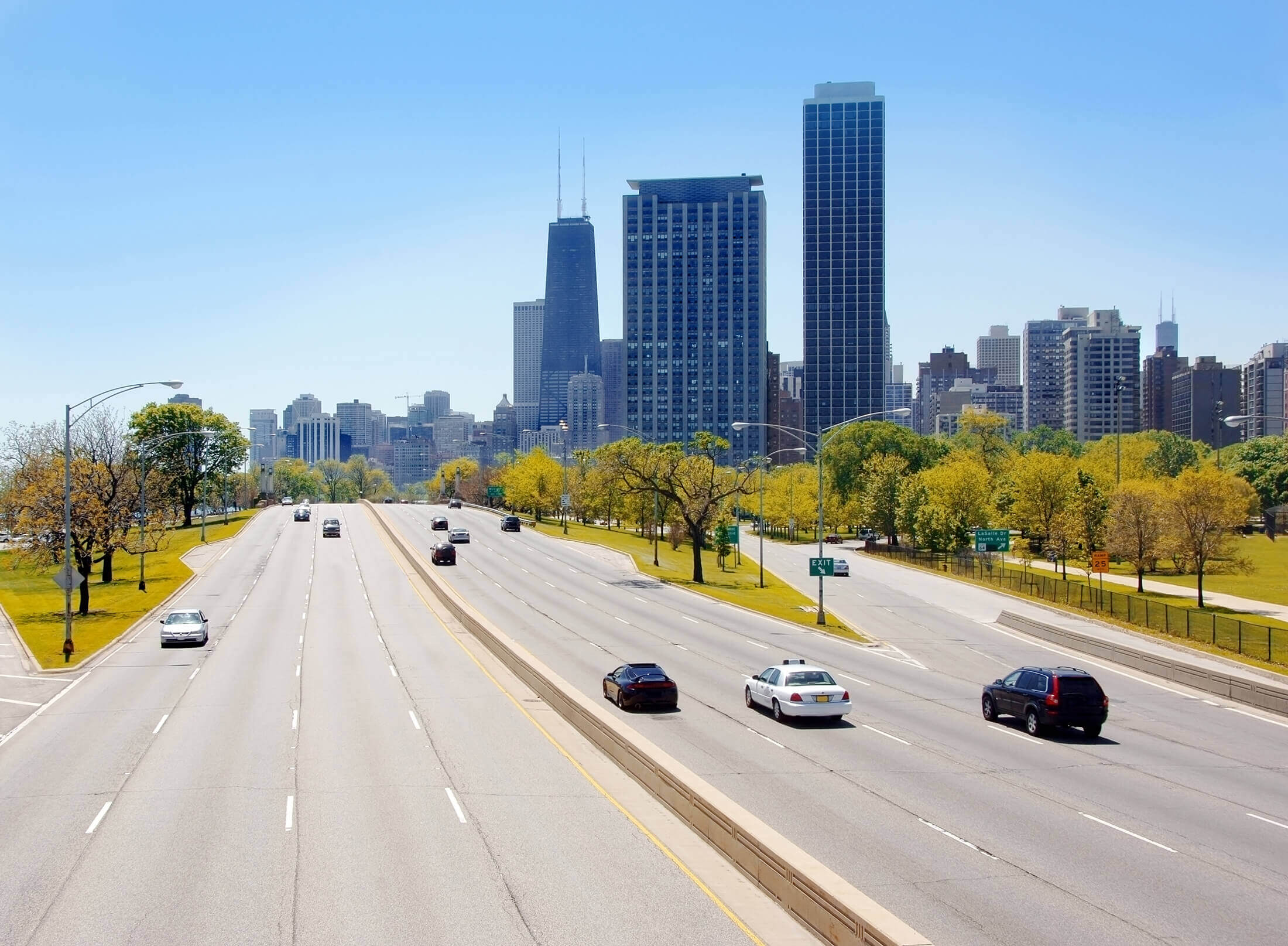Hardship License Illinois
Illinois hardship license requirements
Having your drivers license suspended or revoked can make life difficult. In most communities cars are the primary method for getting around. Everything requires the use of a vehicle, from driving to work, to driving to the grocery store, school and/or daycare. If you need to get to a job that is too far for walking and public transportation is unavailable, then you could lose your job. Lawmakers in Illinois recognize the potentially devastating impact that losing a license can have, and have made provisions for a hardship license Illinois. Those that can prove that they need to use a vehicle to get to work may be able to get a temporary or provisional license that will allow them to get to and from work.
How You Can Lose Your License
There are several different offenses for which you can lose your ability to drive your car. Suspensions are issued by the Illinois Secretary of State’s Office. The following offenses can result in a driver’s license suspension, and may also have additional penalties given by the court.
- Driving Under the Influence (DUI). Those arrested for driving while under the influence of drugs or alcohol will get their license suspended, and sometimes revoked.
- Driving Without Insurance. A two year suspension can result if you are found to be responsible for an accident, and you did not have insurance.
- Failure to Appear in Court. A suspension may result if you do not appear in court as requested for a traffic violation, or take care of the matter before your court appearance.
- Failure to Pay Child Support. As the result of an act called “Deadbeats Don’t Drive,” failure to pay child support means losing the ability to drive.
Parking Violations. Unpaid parking violations of ten or more can result in a suspension. - Traffic Violations. In a period of twelve months, three moving violations may result in a suspension.
- Automated Traffic Violations. A suspension results after five or more unpaid red light violations as captured by an automated traffic.
- Tollway Violations. Your license can be suspended if you do not pay five or more tolls.
Your License Can be Suspended or Revoked
Suspensions and revocations are very different, although they both result in the loss of your license. Whether your license is suspended or revoked, you will not be able to drive legally.
- Suspension. When your license is suspended, you lose driving privileges for a specified period of time. This period of suspension may last for a few months or several years, depending on the offense. Once the time period ends, the driver may take steps to get the license reinstated.
- Revocation. When your license is revoked, you lose your driving privileges indefinitely. This is much more serious than a suspension. For most revocations there is a minimum time period. At the end of that time period, steps can be taken to receive driving privileges again.
What Happens if You Drive on a Suspended License
Since driving can be necessary to get to work or even just the grocery store, some may be tempted to drive with a suspended license. Driving on a suspended license is a serious offense and will result in increased consequences. If you are caught driving on a suspended license, you could face the following penalties:
- An increased suspension period.
- Revocation of your driver’s license.
- Jail time.
- Possible seizure of your car.
Available Driving Relief
There are a couple options available for driving relief. Which option is available to you will depend on your offense and your need. The following are two options for driving relief:
- Restricted Driver’s Permit. It may be possible to get a restricted driver’s permit (RDP). The RDP will allow you to drive to certain places at certain times. This may mean you can drive to and from work, or be able to drive your kids to and from school or day care. You may not drive at any other time or to any other place.
- Monitoring Device Driver’s Permit. A MDDP is another type of driving relief offered for those that have their license suspended or revoked as the result of a DUI. This permit allows you to drive a car with a BAIID installed. The BAIID will not start if you have been drinking, because it requires you to blow into the device in order to start the car. This option allows drivers the ability to get to and from work while also keeping the roads safe for other drivers.
Reasons to Get Driving Relief (Hardship License Illinois)
You cannot get driving relief just because you want to drive; rather, you will have to demonstrate that you have a need. The following are valid reasons for obtaining driving relief:
- You Need to Drive to Work.
- You Need to Drive to Medical Appointments, Daycare, or School for:
- Yourself.
- Your child.
- A family member.
- An elderly person.
- A person with disability.
- You Need to Drive to An Alcohol Awareness Class (for DUI cases).
Having a valid reason to drive does not guarantee that you will get relief.
How to Obtain Driving Relief
Hardship License Illinois
In order to apply for driving relief you will need to have an informal or formal hearing depending on the circumstances of the offense. Call the Hearing Officer Facility Location to learn how to obtain an informal hearing. Fill out the Formal Hearing Request to obtain a formal hearing. Whenever you need to appear at a hearing, it is in your best interest to have an attorney present. Though it is not required, when you license is on the line, it is important to have an advocate on your side. Dennis Dwyer is an accomplished DUI defense attorney, and he has experience helping his clients obtain driving relief. If you have lost your license and would like to get a hardship license, give his office a call today!


